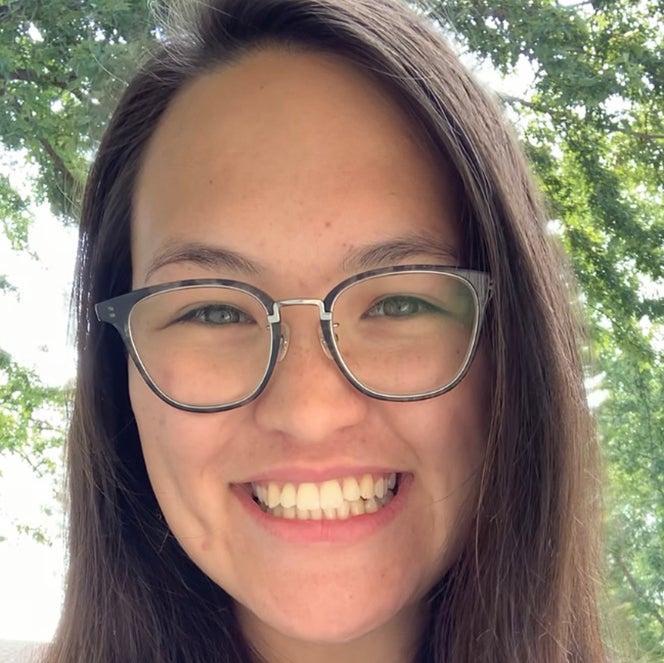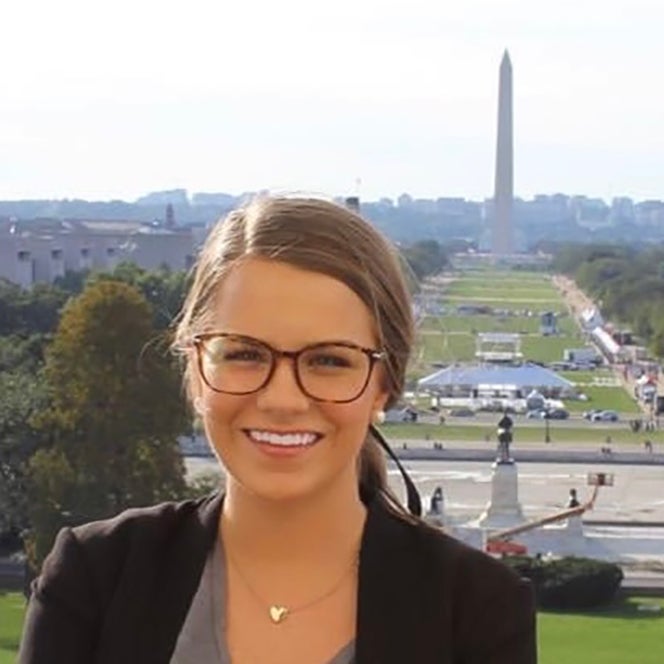Welcome to the 2021-2022 Academic Year! At the School of Public Service, we’re excited to welcome new and returning students to campus. Although the new year certainly hasn’t begun according to the script we had in early summer, we’re doing our best to adjust and build on the lessons we’ve learned to continue a vibrant learning environment for our students.
These past two years have driven home the importance of tackling real world problems. The challenges our students face and are preparing to face are not hypothetical or theoretical. They are real. Meeting these challenges requires innovation, grit, resilience–and leadership.
In this issue of Public Interest, we’ll introduce you to the students, alumni and faculty of our LEAD program. While not new to Boise State, LEAD is new to the School of Public Service and its a great addition to our instructional programming. LEAD emphasizes real world leadership training for real world leaders.
We are working hard in the School of Public Service to ensure that our students are empowered to be responsive and empathetic leaders to tackle today’s complex and unexpected challenges.
We’re learning, educating and leading as we work in the public interest.
Thanks for reading,
Andrew Giacomazzi
Interim Dean, School of Public Service
Boise State University



